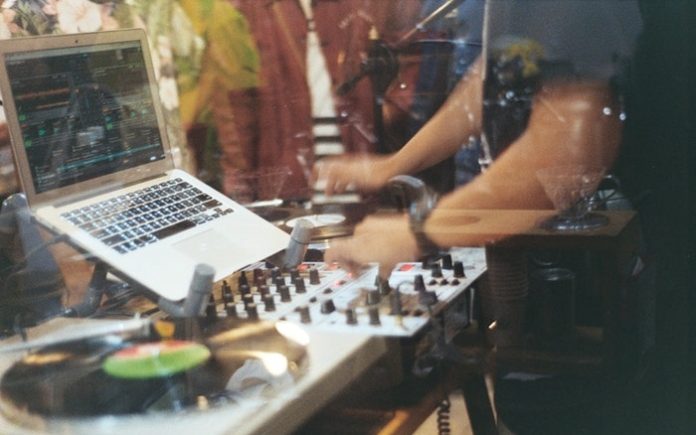If you are really getting into your music or voice-over career, there can be many benefits from having a dedicated space in your own home. If you have the money, a spare room, or have enough space to create a room, we are here to give you some tips on how to build your own at-home studio.
Find the Perfect Space
If you have an existing room ready to convert or want to add an extension to your home, you will need a bit of expertise. If you are doing large-scale renovation work, you will want to ensure the best practices and the best work is done.
You can hire yourself a contractor, but you should shop around a little when choosing who will help you. Ensure they have the sort of qualifications and certificates that places like the Contractor Training Center provide. This way, you know who you are letting create your vision and ensure they are licensed in your area.
It will also help if you have a good idea of exactly how you want to use your space so you can either create the room to fit it all or re-arrange an existing space. Gather a list of everything you are going to bring in, especially if it is a large mixing desk or turntables. You are going to want room for it all and space to move around.
Top tip — it’s not just the builders that you will need. It’d be a great idea to get an electrician in, too, just to make sure all the wiring is safe. You may even want a plumber if you plan to put anything like a sink or bathroom in.
Get the Equipment
So you have the space ready to go, the bare floor and walls just waiting to be filled. You should already have a good idea of what you want and all the equipment you require, but now you have to source it.
Creating a whole studio at home can be an expensive endeavor, especially if you are aiming for top-quality equipment. Save money where you can on things like mic stands and chairs and other furniture.
When it comes to the tech itself shop around and give yourself a budget. Find the best deals possible and don’t be afraid to go second hand if needs be.
If you do choose to go second hand though it’s a good idea to have good communication with the seller. Ask them questions about any damage or whether there are any specific pieces that might be needed that should be factored into your budget.
Sound Proofing
Eliminating as much external noise as possible will make your recordings much cleaner and require less editing. Also avoiding noise complaints from the neighbors is always a bonus.
Sounds proofing your studio will make a huge difference in the quality of what you produce and should be a top priority. There are dozens and dozens of options on the market so make a mental note of things you need the padding to fulfill. Check the reviews of the products carefully and get in contact with people you know who also have booths to see what they use.
In Conclusion
Create something you are truly proud of! Know your budget, know what you need and most importantly plan out all the details.
An at-home studio can save you time, allow you to get different and varied work, and means you are in total control of your work schedule. Whether it’s for music or voice-over work, have a space totally dedicated to exactly what you need.
Readers Might Also Like:

Meth & Mary’s Classic Revisited: “I’ll Be There for You/You’re All I Need to Get By”
 Tips To Help You Monetize Your Site or Blog
Tips To Help You Monetize Your Site or Blog
 How Much Do Artists Really Get Paid For Streams – A Financial Breakdown
How Much Do Artists Really Get Paid For Streams – A Financial Breakdown

